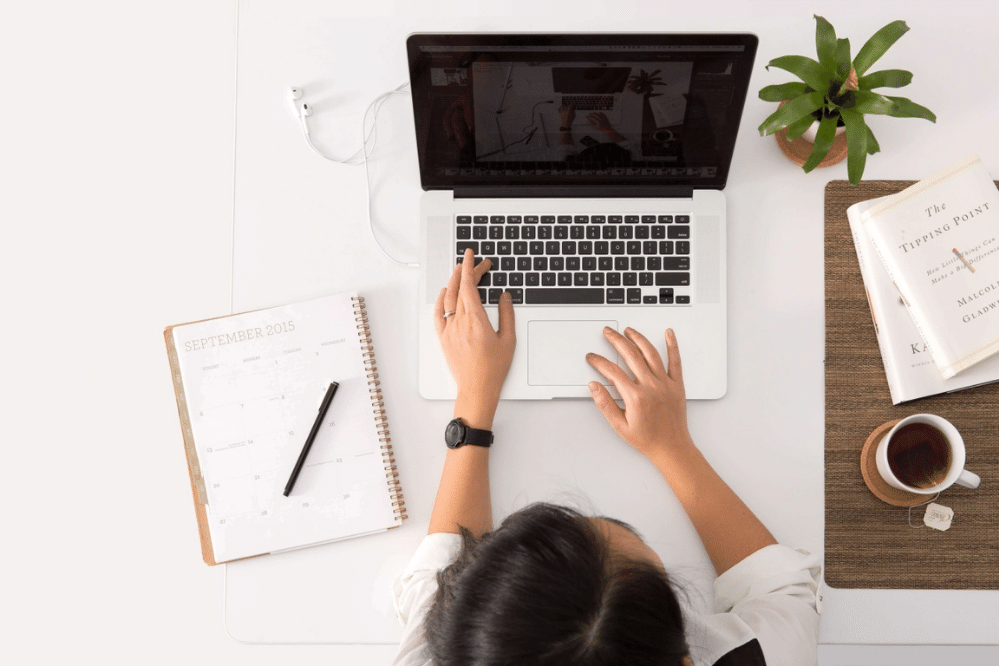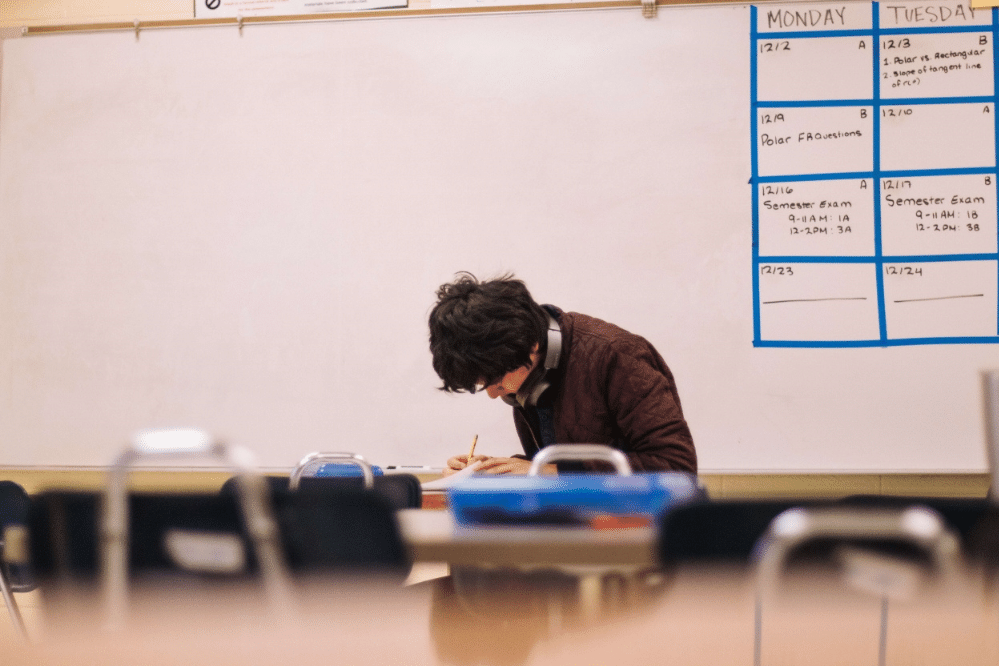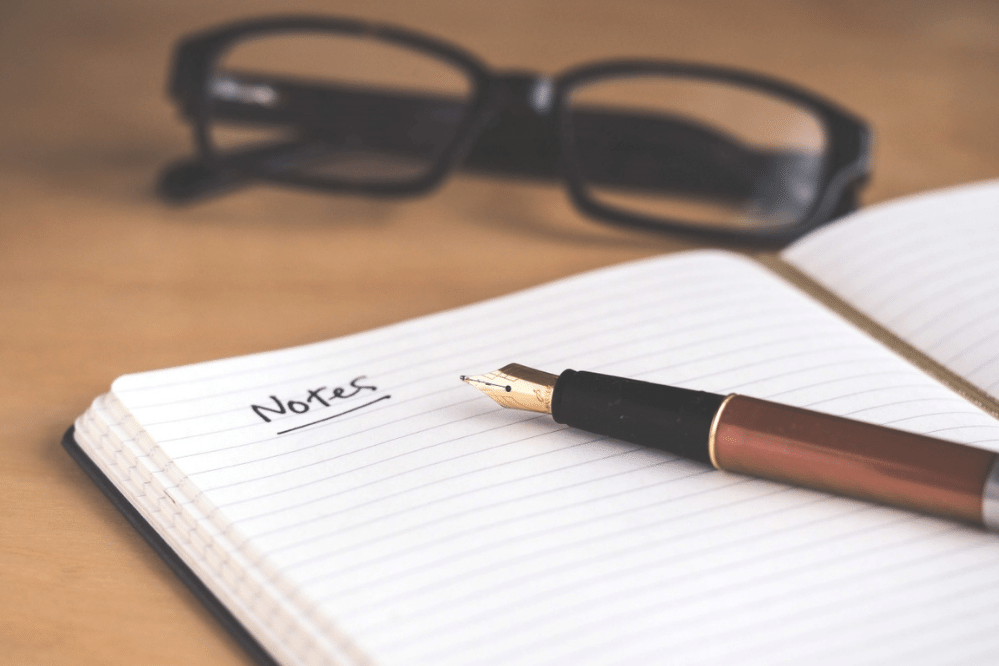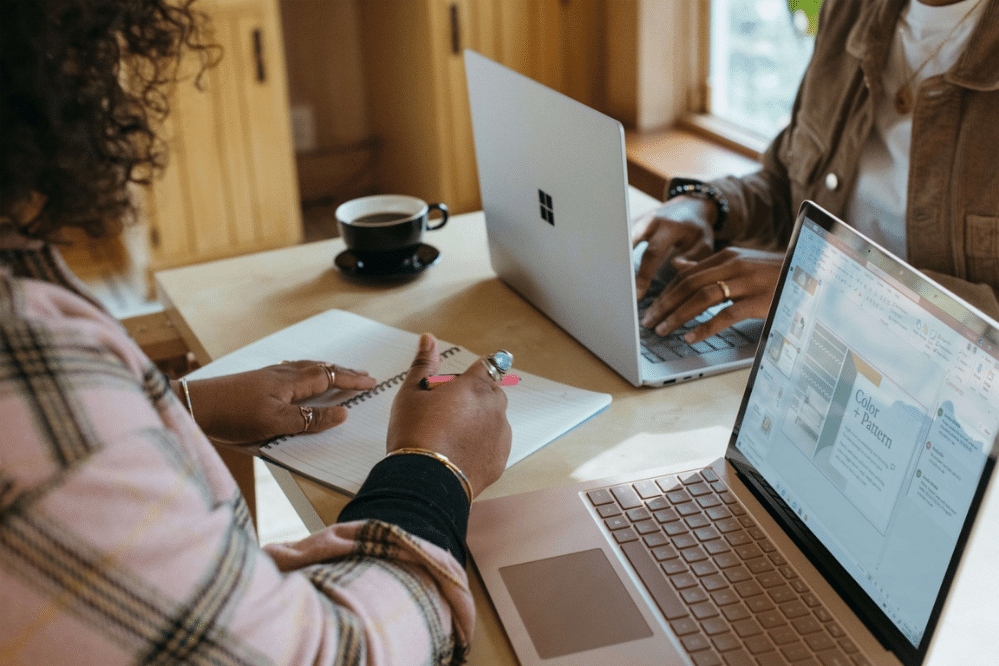We all have periods when studying feels too hard, or we spend hours revising but cannot remember a thing. That is when we usually start looking for studying tips and methods.
We have used traditional study methods like reading and highlighting multiple times for far too long now. This method is a passive studying technique as it relies on the information to pass through your brain, and it is an outdated method that is not as effective as active studying techniques that rely on the information to be absorbed piece by piece in your brain.
If you are looking for the best way to study, we will help you find the suitable method for you and learn some tips along the way.
5 Best Study Methods You Can Try

There are many studying methods you can use to increase your studying effectiveness; however, in this article, we will mention five of the best active study methods that are not only effective but also easy to apply.
Active recall
Active recall is one of the best active studying techniques. It relies on your brain retrieving the information, as opposed to classic learning methods that rely on your brain storing information. You can use this study technique by asking questions about the subject you want to learn after reading the subject, which will help you retrieve information deeply stored in the brain. Answering these questions helps your brain remember information better and strengthen neural pathways.
Feynman technique
This technique is perfect for learning concepts quickly and explaining them in simple terms. If you want to use this technique effectively, here are the steps you should follow:
- Firstly, you write the concept you want to learn on a sheet of paper.
- Then, you try to explain the concept as if you were teaching it to someone else, i.e., a child.
- Thirdly, you review your knowledge and find gaps, after which you go back and read the material.
- Lastly, you explain the concept again, this time without consulting any material and using simpler terms.
PQR study method

PQR, or commonly known as PQ4R (Preview, Question, Read, Reflect, Recite, Review), is an effective studying technique that helps students test themselves and find out which parts they should revise again. As understood by the name, this studying method relies on six steps:
- Preview. In this step, you should only skim the chapter and only focus on finding ideas explored in the chapter. This step is important for helping you see the big picture and have an easier time connecting the dots when you dig deep into the material.
- Question. When you get a clear idea of what the chapter will explore, you should start making questions related to the topic.
- Read. In this step, you read thoroughly with the intent of understanding the ideas explored.
- Reflect. Following, you answer the questions of the second step and find out if there are details you should read again.
- Recite. In this step, you should summarize the chapter in your own words.
- Review. In the last step, you go over the material again and see if you are confident about the knowledge you have gained.
Spaced repetition
Spaced repetition is a studying technique closely connected to the active recall. It is also an active learning technique that focuses on retrieving information from the brain and ensuring that the information you have gained has deep neural pathways. The way you can use spaced repetition is by:
- Memorizing the information you want to learn.
- Reviewing the information on intervals that keep increasing at 12 hours, 48 hours, seven days, 30 days, 90 days, and 180 days.
This technique usually works best for big exams that require a lot of preparation beforehand.
The Leitner system
The Leitner System is a studying technique that relies on flashcards and repetition. To use this technique, you need to make two-sided flashcards and write the question on one side and the answer on the other. After making the flashcards, you classify them into sets that you will revise at a certain time, i.e., you revise the first set every day, the second every two days, the third every four days, and so on.
5 Tips That Can Help You Study More Effectively
Let us introduce you to five invaluable study tips that we usually take for granted but are extremely important in the studying process.
Take notes to prevent forgetting

Notes help you study, whether you take them during class or revision. They help you see what topics are important and what you need to pay attention to the most. You can also color-code your notes and draw illustrations to make them more accessible.
Interested in pursuing a degree?
Fill out the form and get all admission information you need regarding your chosen program.
This will only take a moment.
Message Received!
Thank you for reaching out to us. We will review your message and get right back to you within 24 hours.
If there is an urgent matter and you need to speak to someone immediately you can call at the following phone number:
- We value your privacy.
Do not rely on motivation
Motivation is a double-edged sword because having it helps immensely during studying, but the moment you do not have the motivation, you can procrastinate and fall behind. That is why not relying on motivation will help you set realistic studying goals and keep them.
Eliminate distractions
We all crave distractions and new things to entertain us when we have a hard time studying. So, to set your brain into full studying mode, you must eliminate all distractions like technology, games, social interactions, and all other external distractions. Forest is a great app and Chrome extension that helps you stay focused by “planting trees” that are grown during the countdown you set it to.
Pick the workspace that works best for you

We all have different preferences that help us focus better. Some of us like to study in quiet and alone, while others prefer studying in crowded and noisy spaces. You must find what works for you and stick to that choice to help your brain distinguish between the studying and entertaining areas, thus helping you focus better.
It is okay to take breaks
Taking breaks is as important as studying itself. Breaks help the brain retain knowledge and see things more clearly. One way to do it is by taking 10-minute breaks after 50 minutes of studying, and after three cycles of studying and breaks, you take an hour-long break.
However, you can take breaks as they fit you, as long as you remember to take them. To refresh your brain during breaks, you can go for a walk, stretch, read a chapter of a book, catch up with friends, or play brain-stimulating games like sudoku or crosswords.
Final Thoughts
Studying is not easy. It requires hard work and long hours of concentrating. However, that can become way easier if you incorporate the study methods we provided. Now that you know the best study methods and tips, what to do and what not, you can apply them and ace all your exams in no time.










